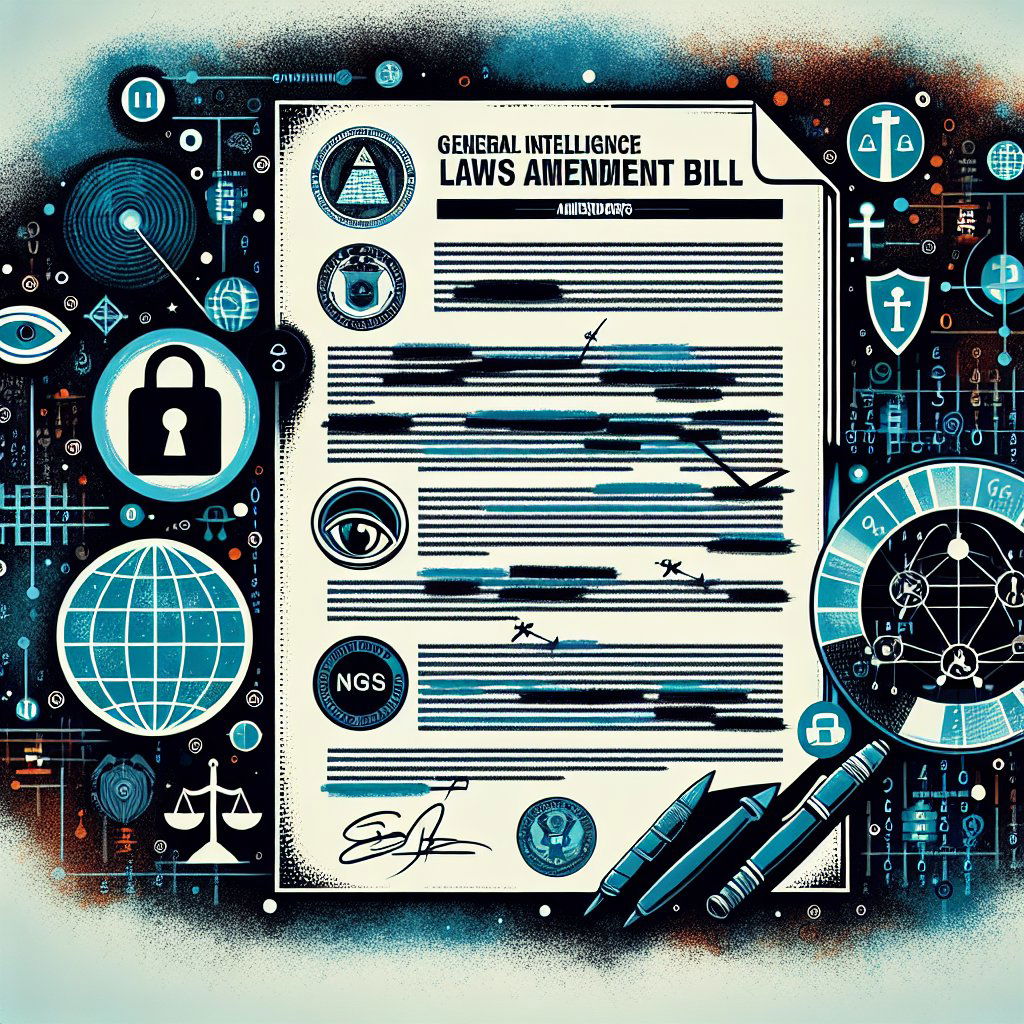Image: AI generated for illustration purposes
South Africa's Spy Bill Amendment: Greater Oversight, Less Invasive Vetting
The General Intelligence Laws Amendment Bill (Gilab), a significant legislative piece set to redefine the operations of South Africa's intelligence community, has seen a pivotal clause pertaining to the vetting of non-governmental organizations (NGOs) and religious bodies removed as it makes its way to Parliament.
This decision to scrap the divisive measure comes as a response to widespread concerns about the potential overreach of state surveillance powers into the activities of civil society and religious groups. The move signals a commitment to safeguarding the freedoms and privacy of these vital sectors against unnecessary intrusion by government intelligence entities.
The draft amendment bill garnered attention for its proposals to implement recommendations from two critical reviews of the State Security Agency (SSA) aimed at addressing past abuses and malpractices within South African intelligence services. The first of these, the Presidential High-Level Review Panel on the SSA, led by former minister Sydney Mufamadi, shed light on various institutional failings and suggested comprehensive reforms. The second, the State Capture Commission, headed by Chief Justice Raymond Zondo, provided additional insights into undue influences and corruption within state organs, including intelligence.
The intention behind Gilab is to bring about a much-needed overhaul of the SSA and related intelligence bodies. By embracing key recommendations from these reviews, the bill seeks to instill greater accountability, transparency, and oversight of intelligence operations while ensuring they are more tightly aligned with the constitutional and democratic values of South Africa.
The initial inclusion of a clause necessitating vetting for NGOs and faith-based organizations raised concerns about the possible encroachment on freedoms of expression and association, fundamental components of a healthy democracy. However, the Cabinet's approval of the current version of Gilab, which removes this condition, has been met positively by those who advocate for civil liberties and the protection of private sector autonomy from state interference.
While the revised bill marks progress in securing the right balance between national security and civil liberties, the intelligence community still retains considerable latitude to conduct its activities. The challenge ahead for lawmakers and oversight bodies will be to ensure that intelligence practices are conducted within legal and ethical parameters and that future amendments to Gilab or related intelligence legislation do not reintroduce invasive measures.
In an era where the actions and policies of the intelligence sector are increasingly scrutinized, South Africa's legislative bodies must continue engaging in open dialogue with civil society to refine the laws governing state surveillance and intelligence-gathering. This is imperative to building and maintaining public trust in the institutions tasked with ensuring the country's security.










